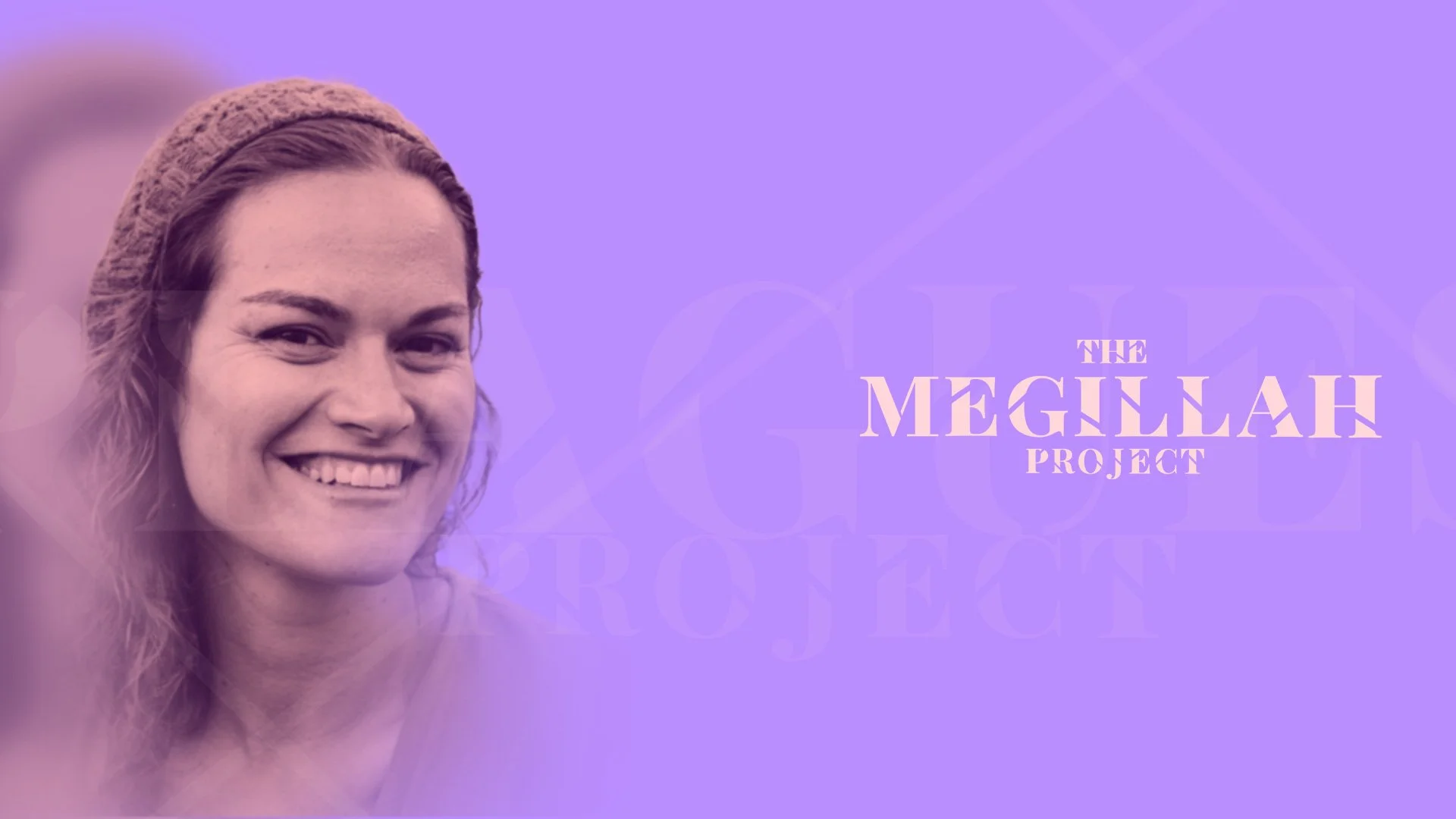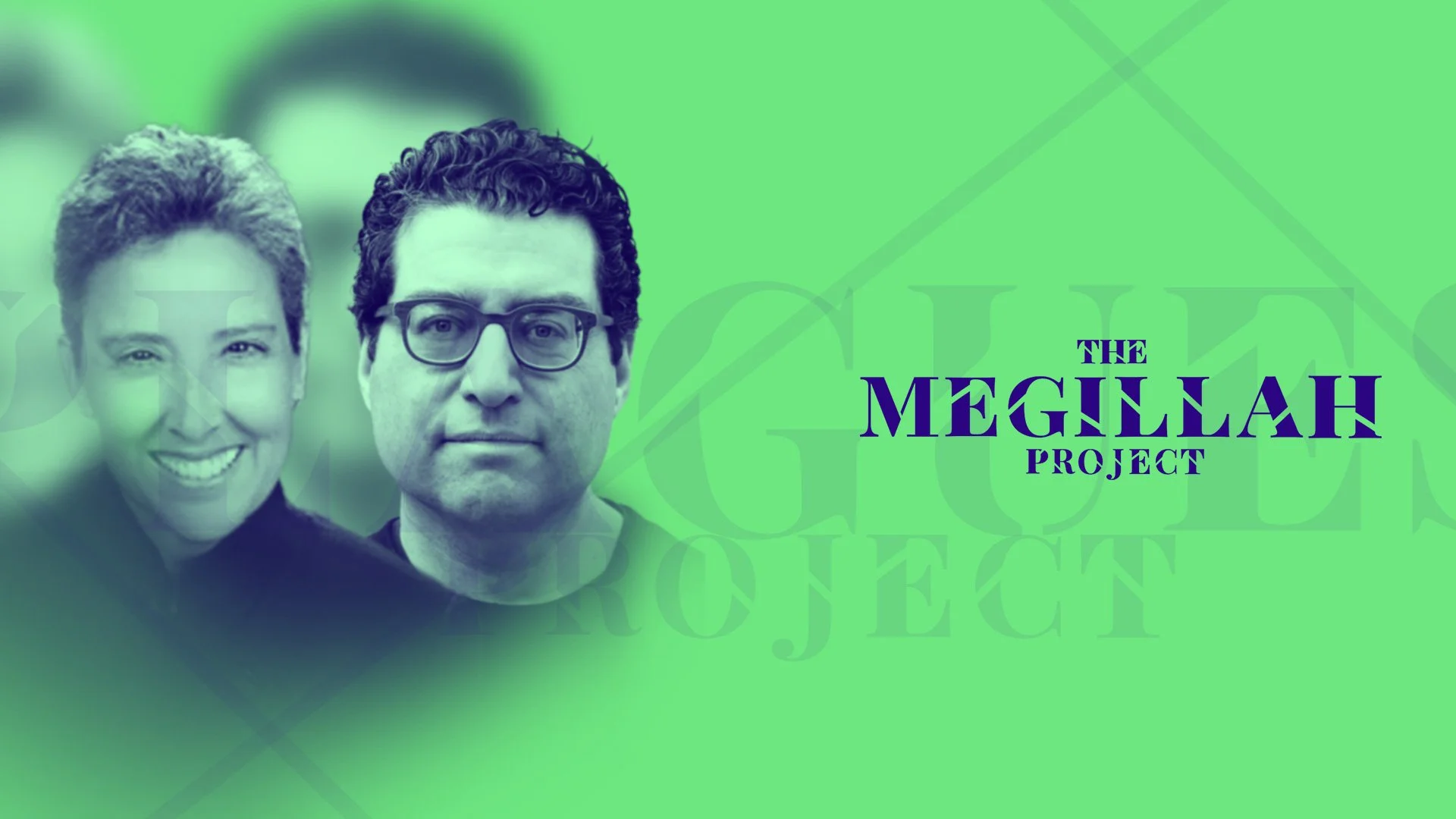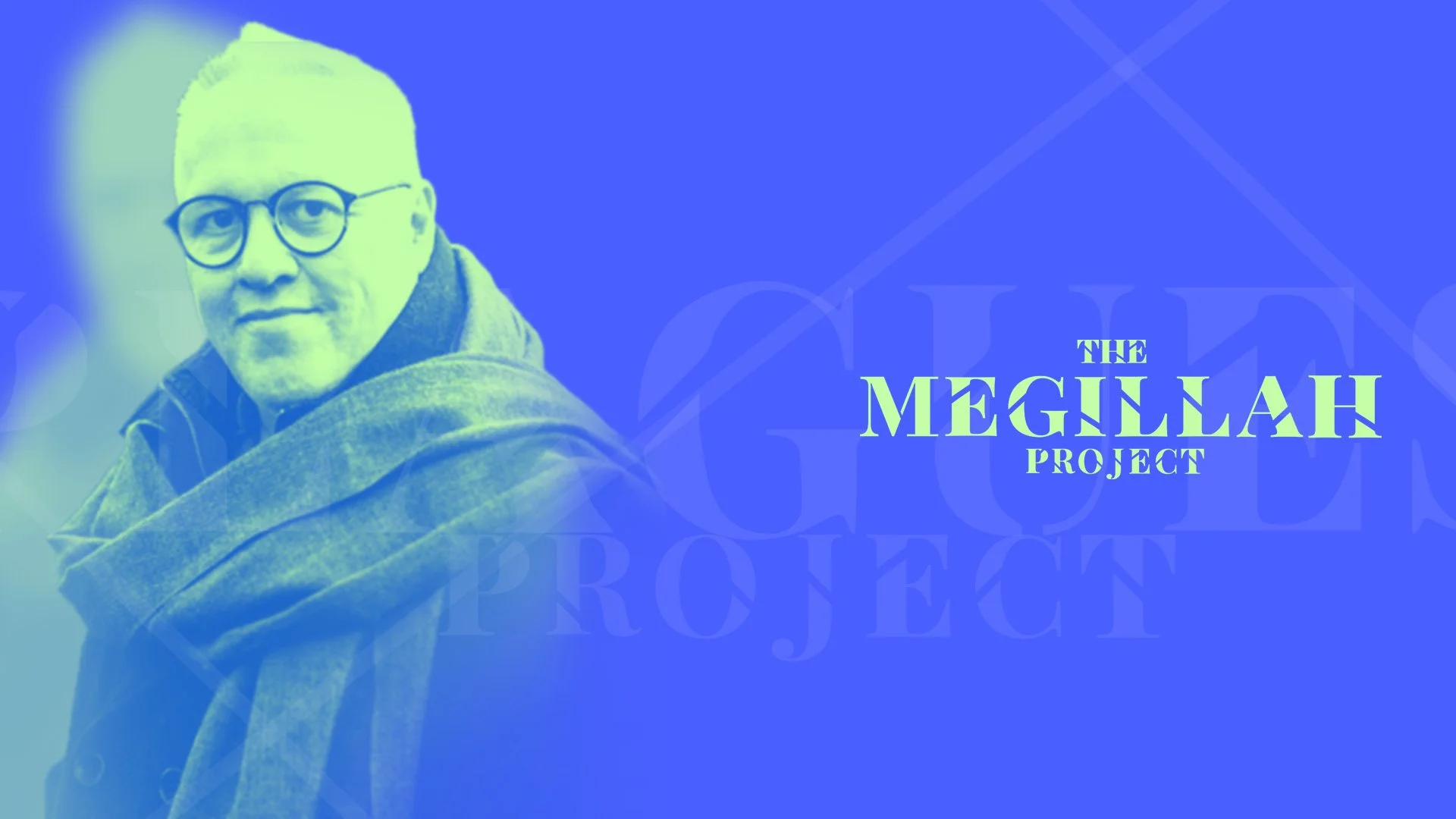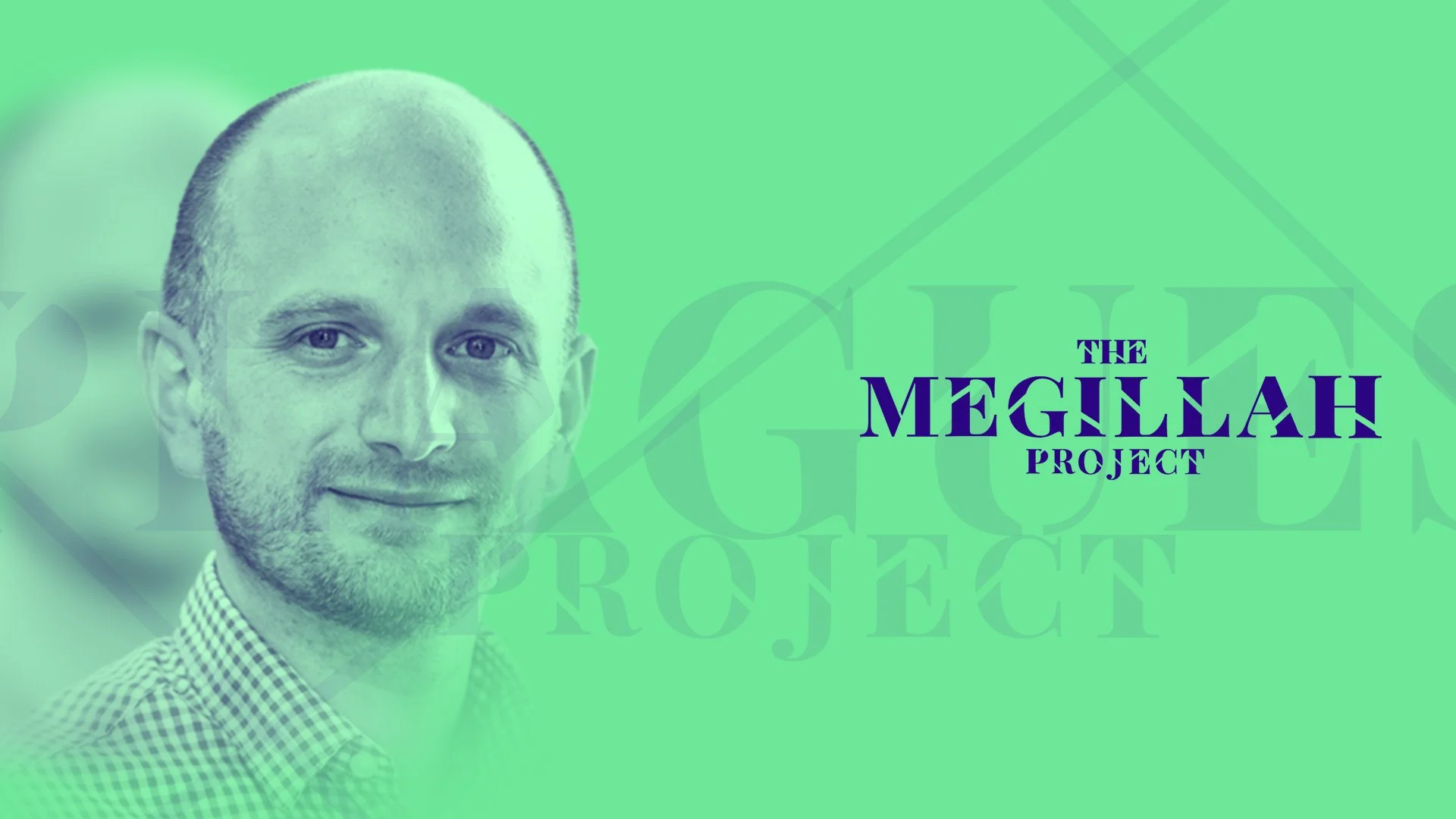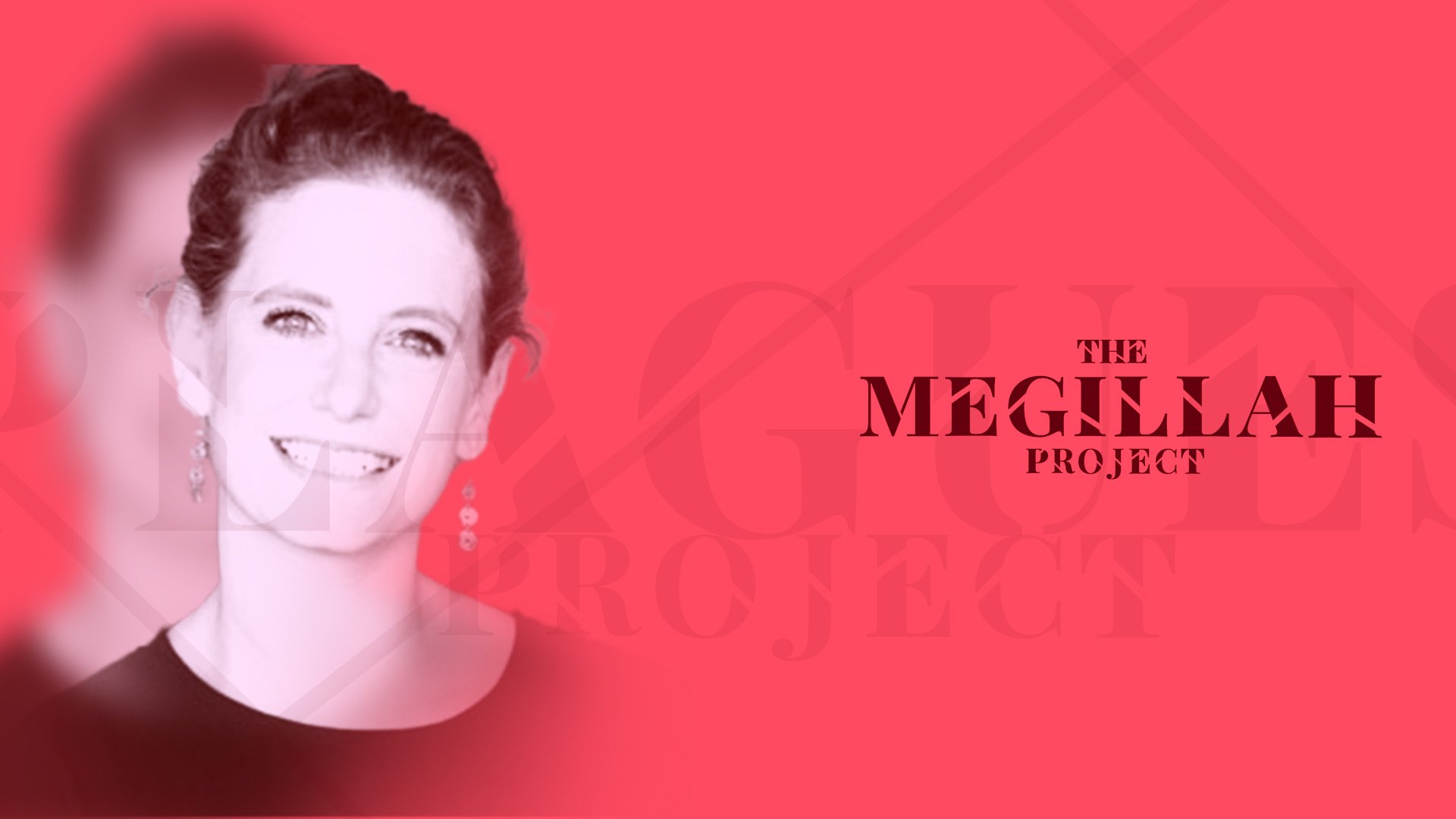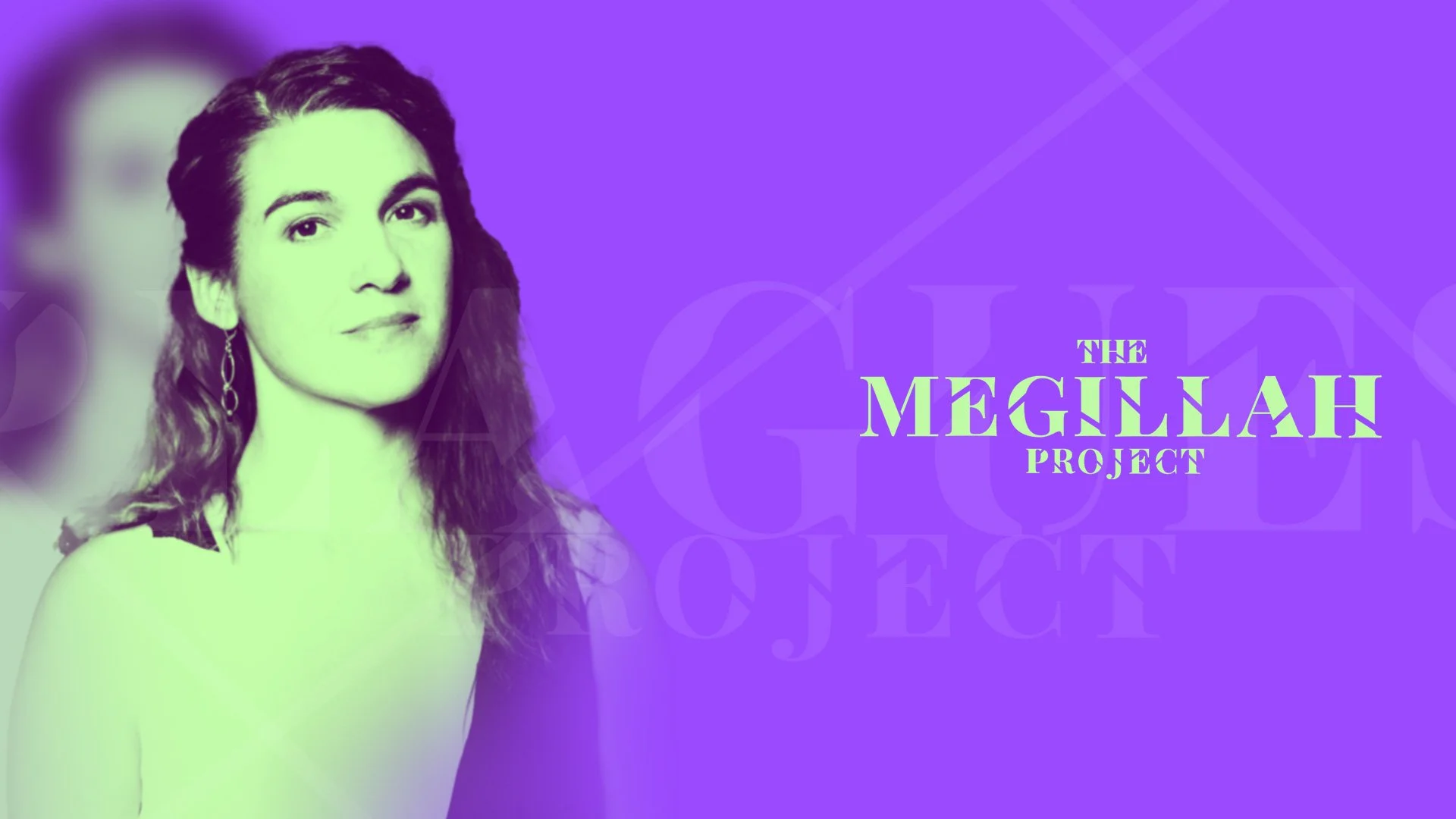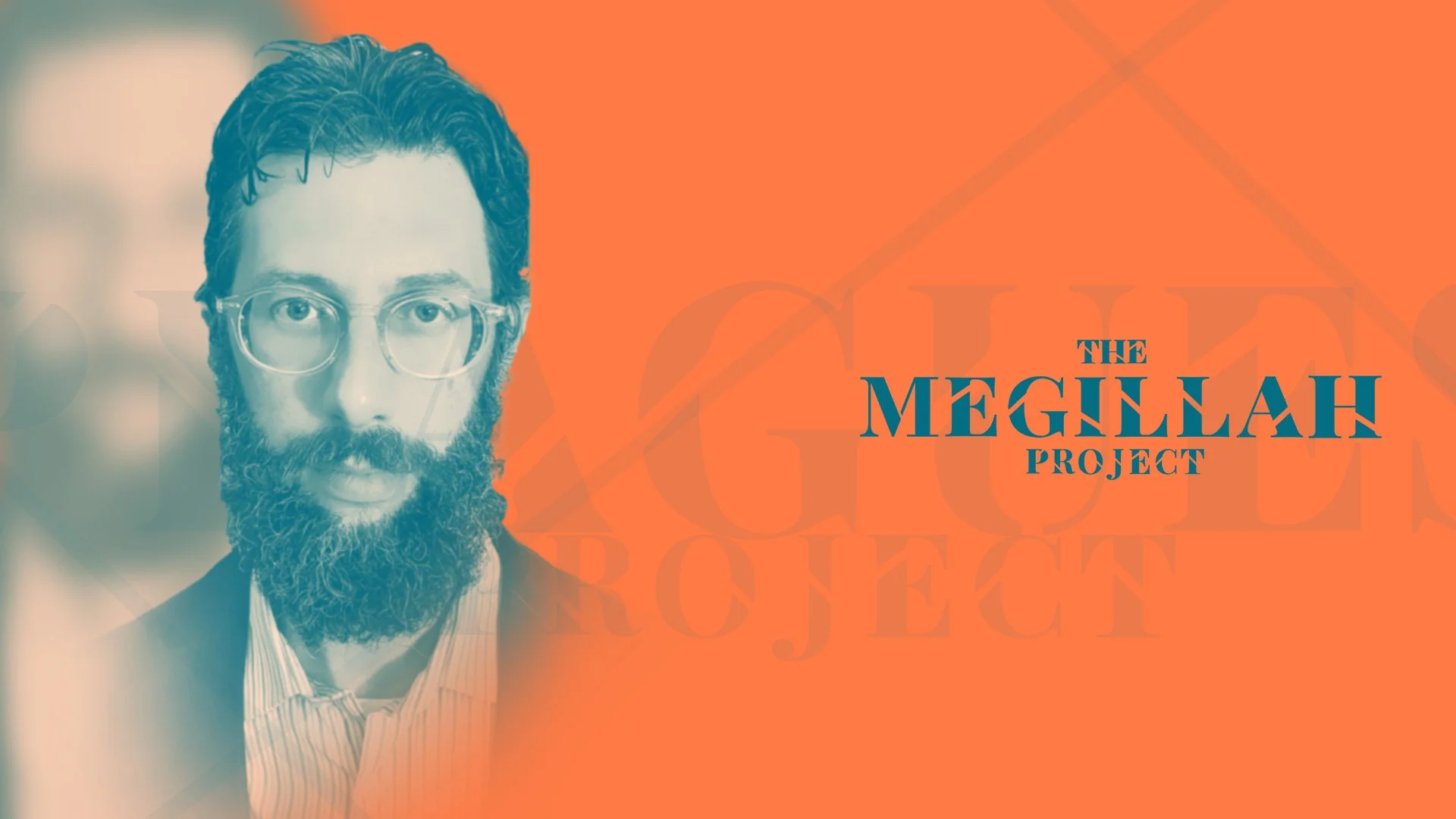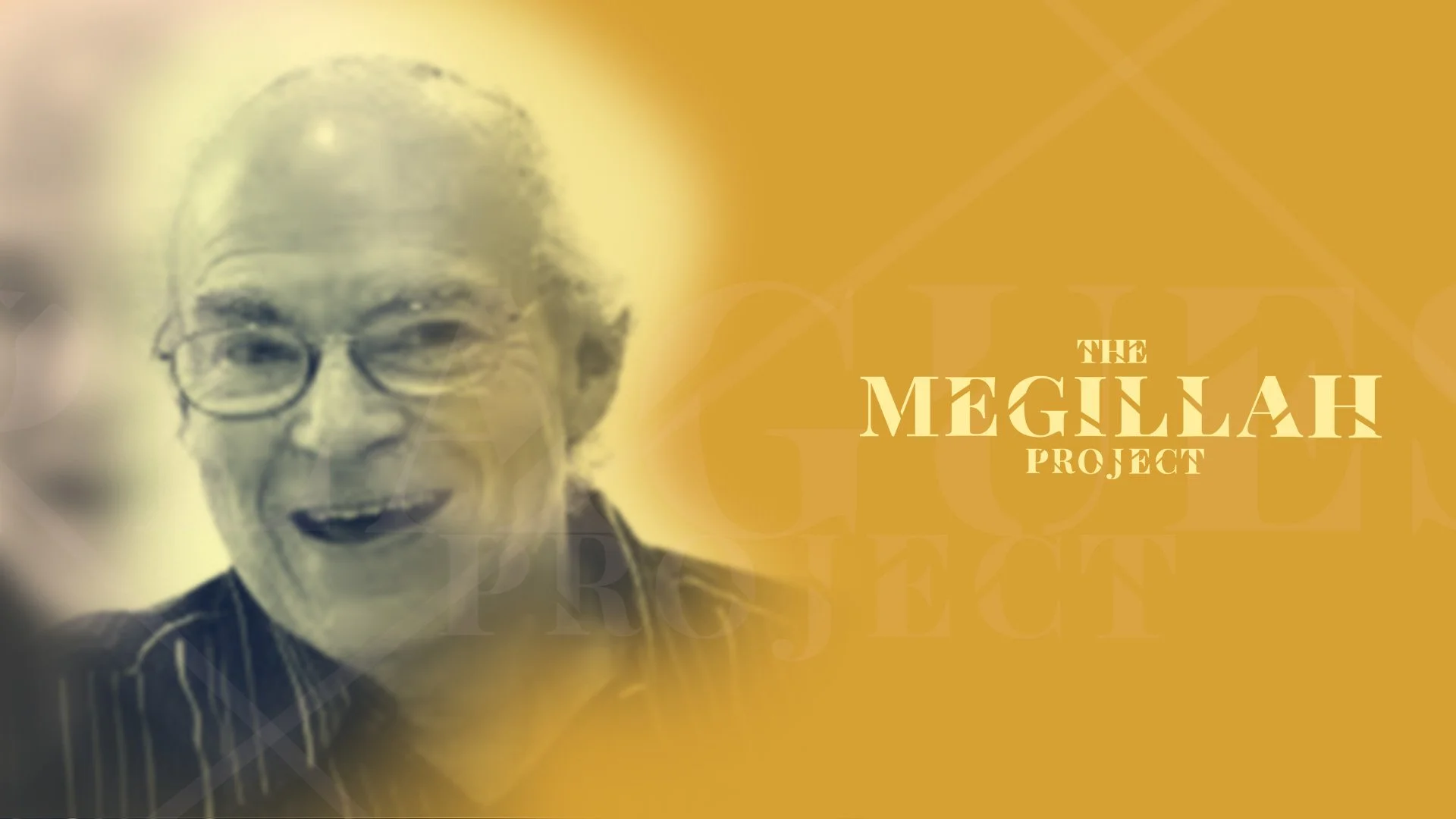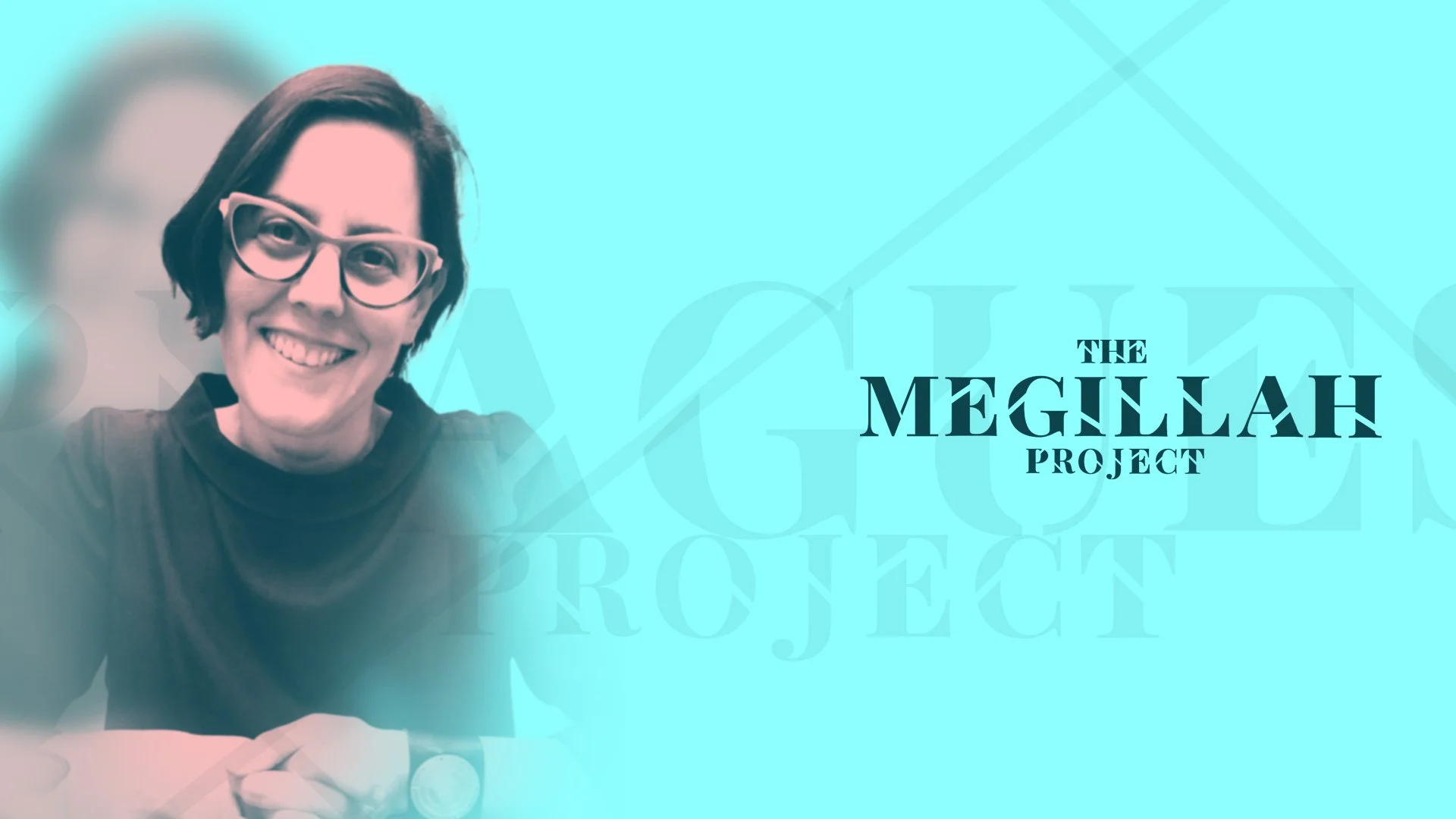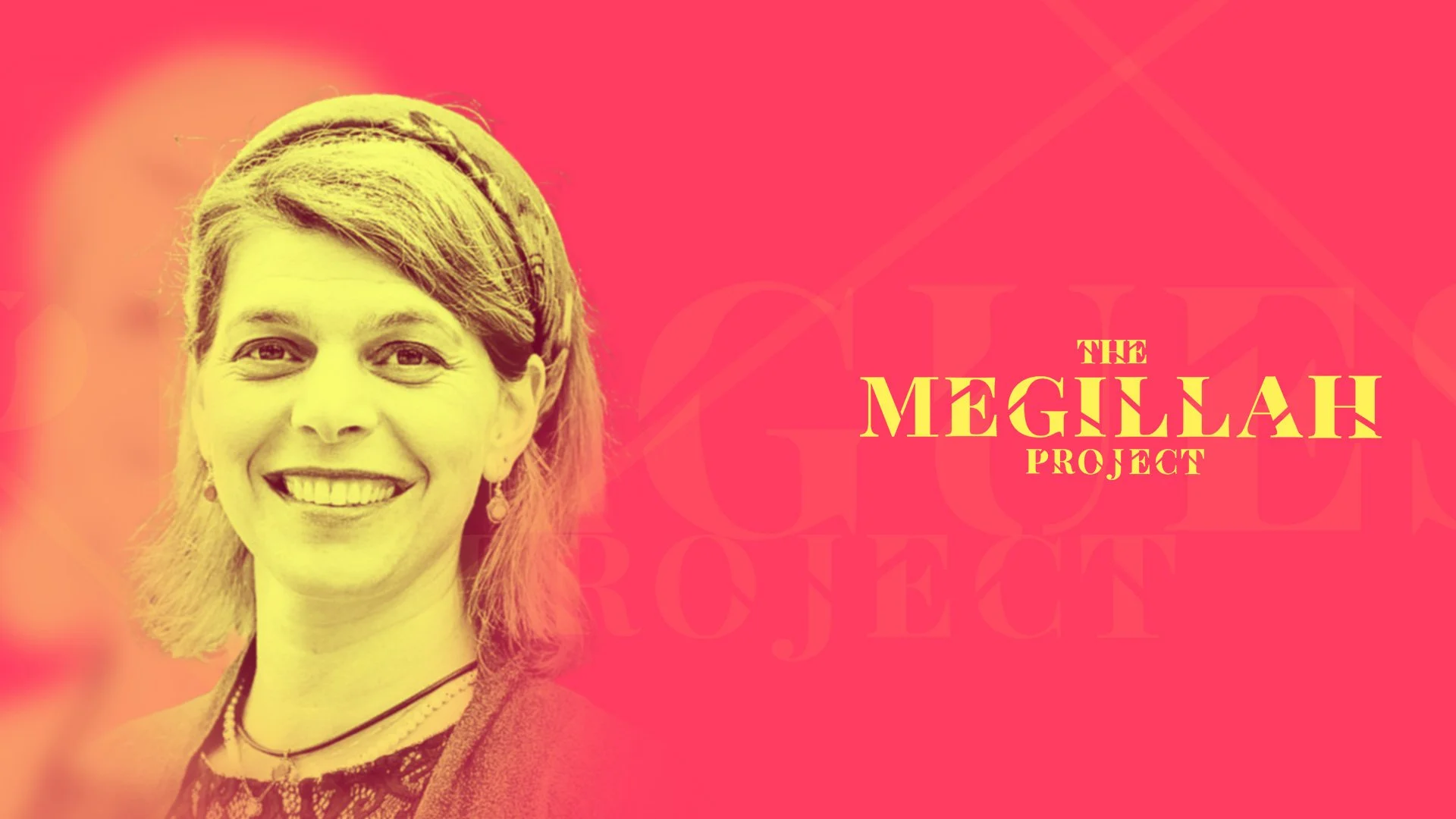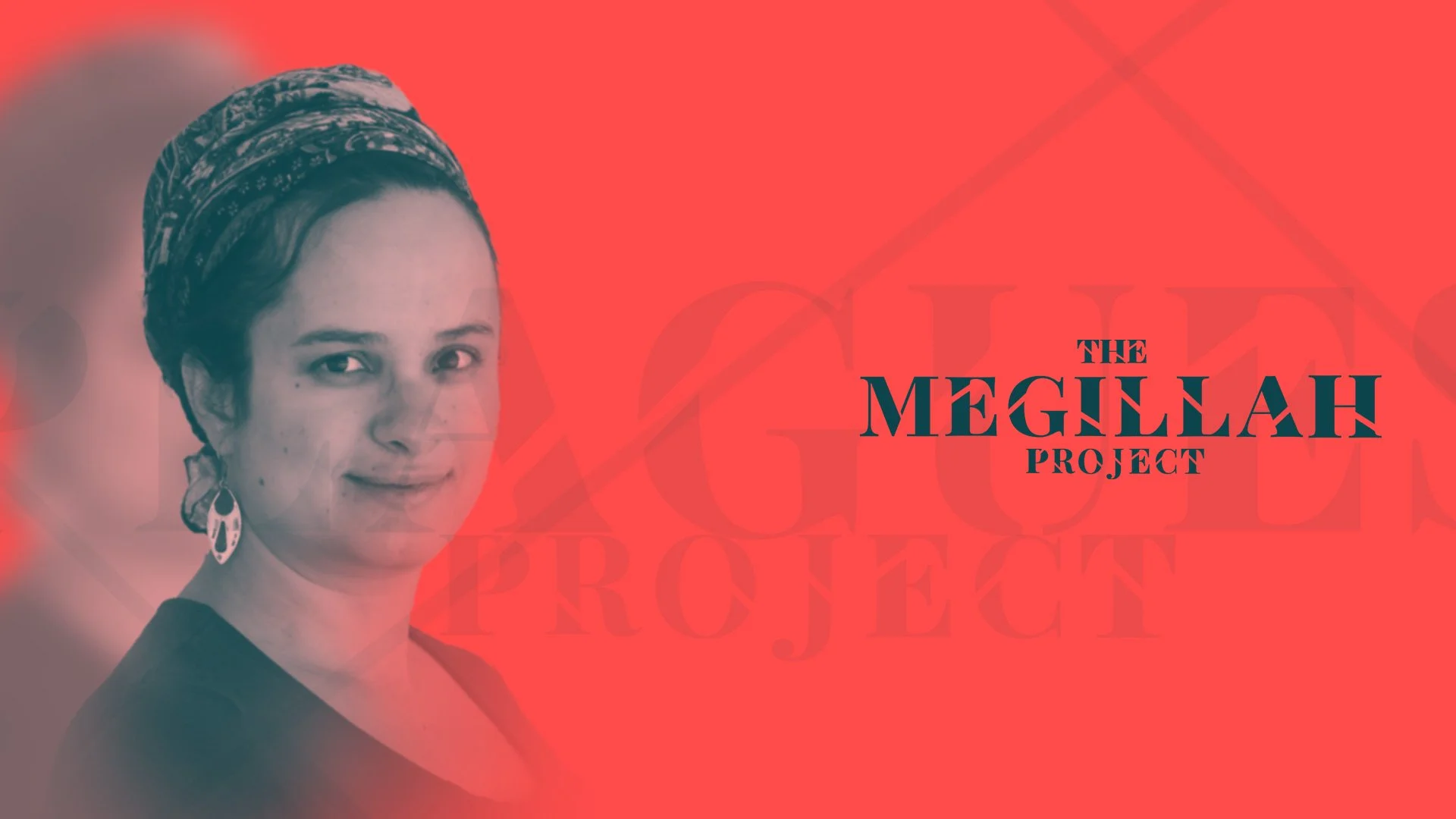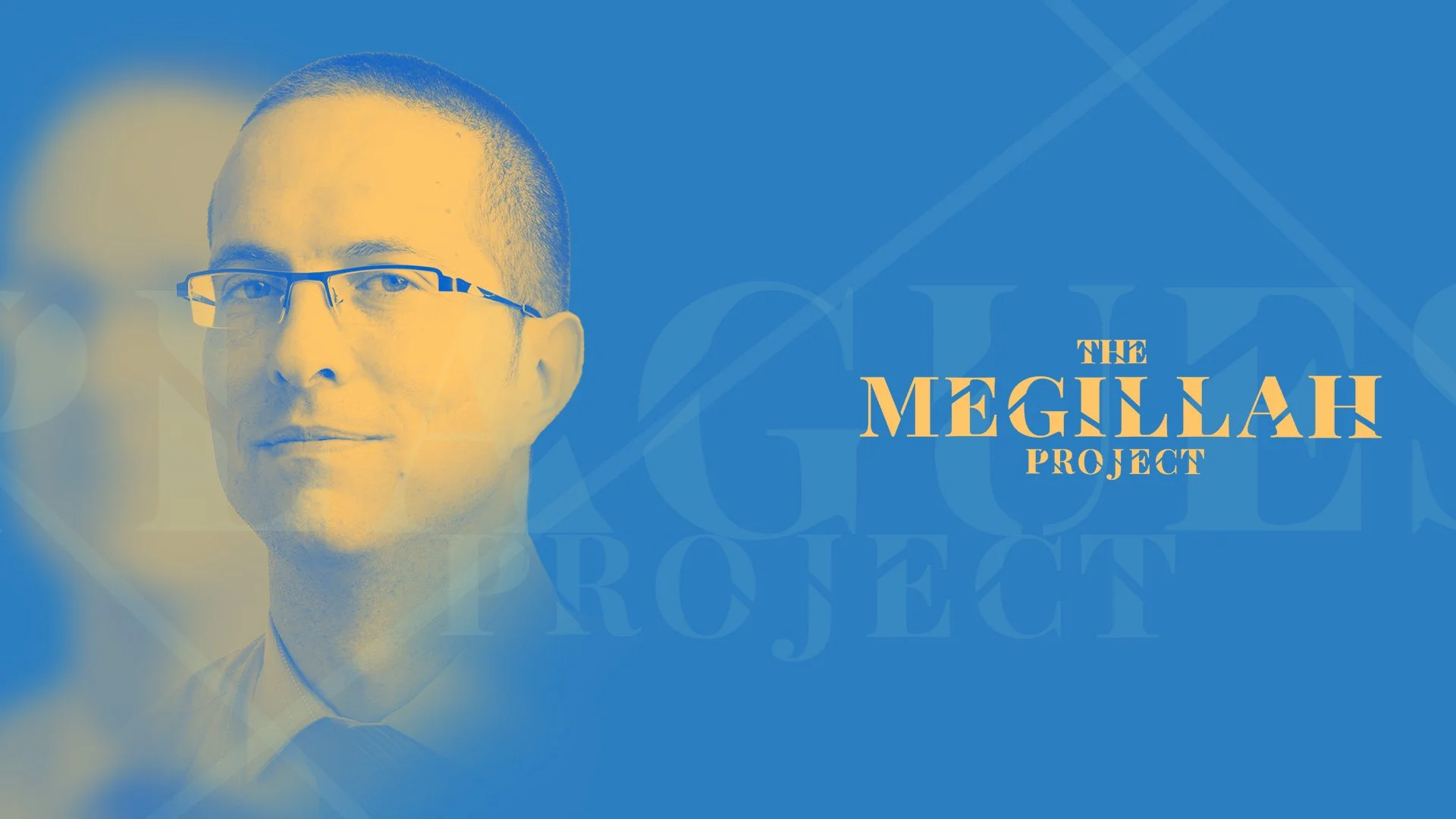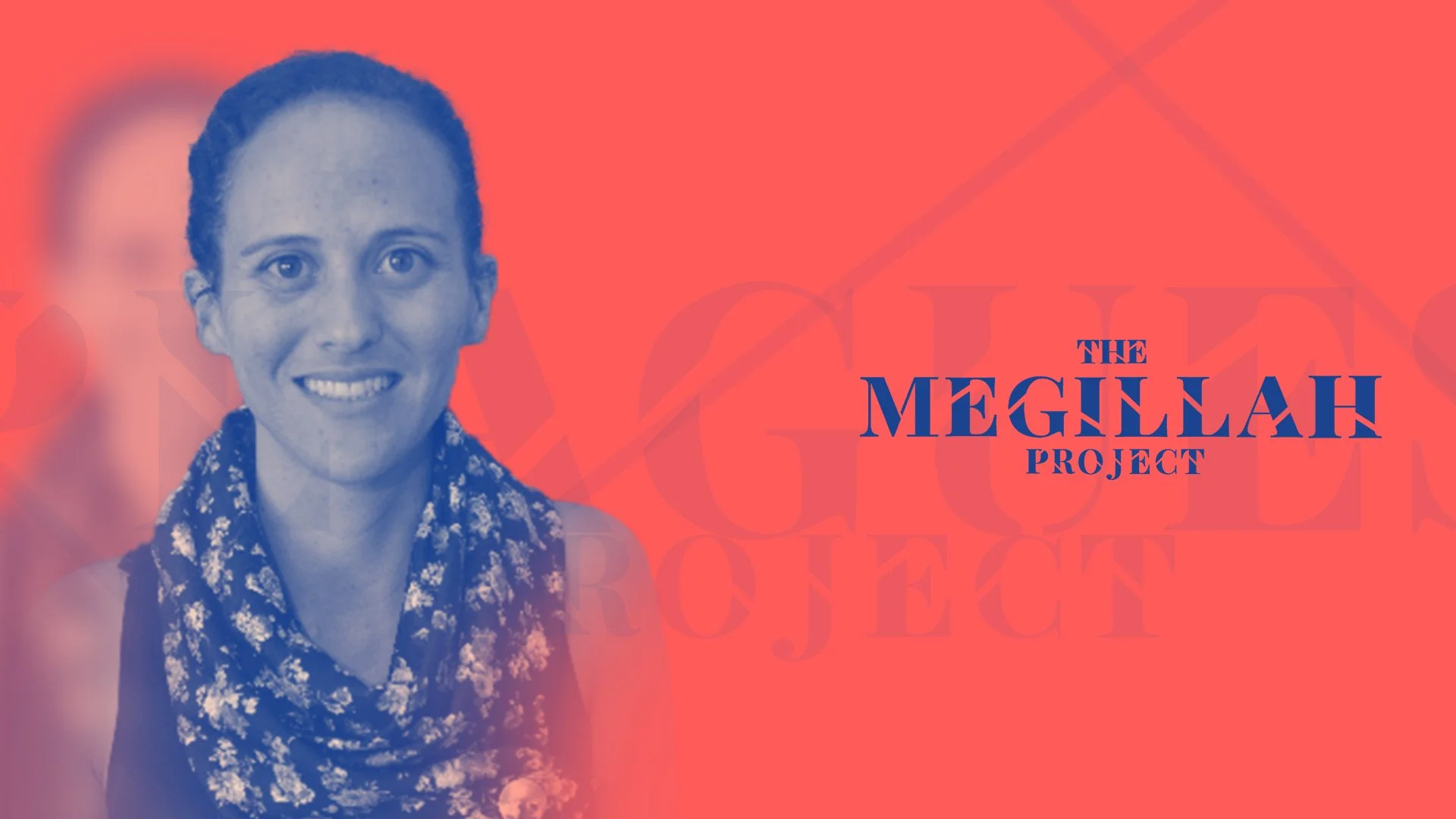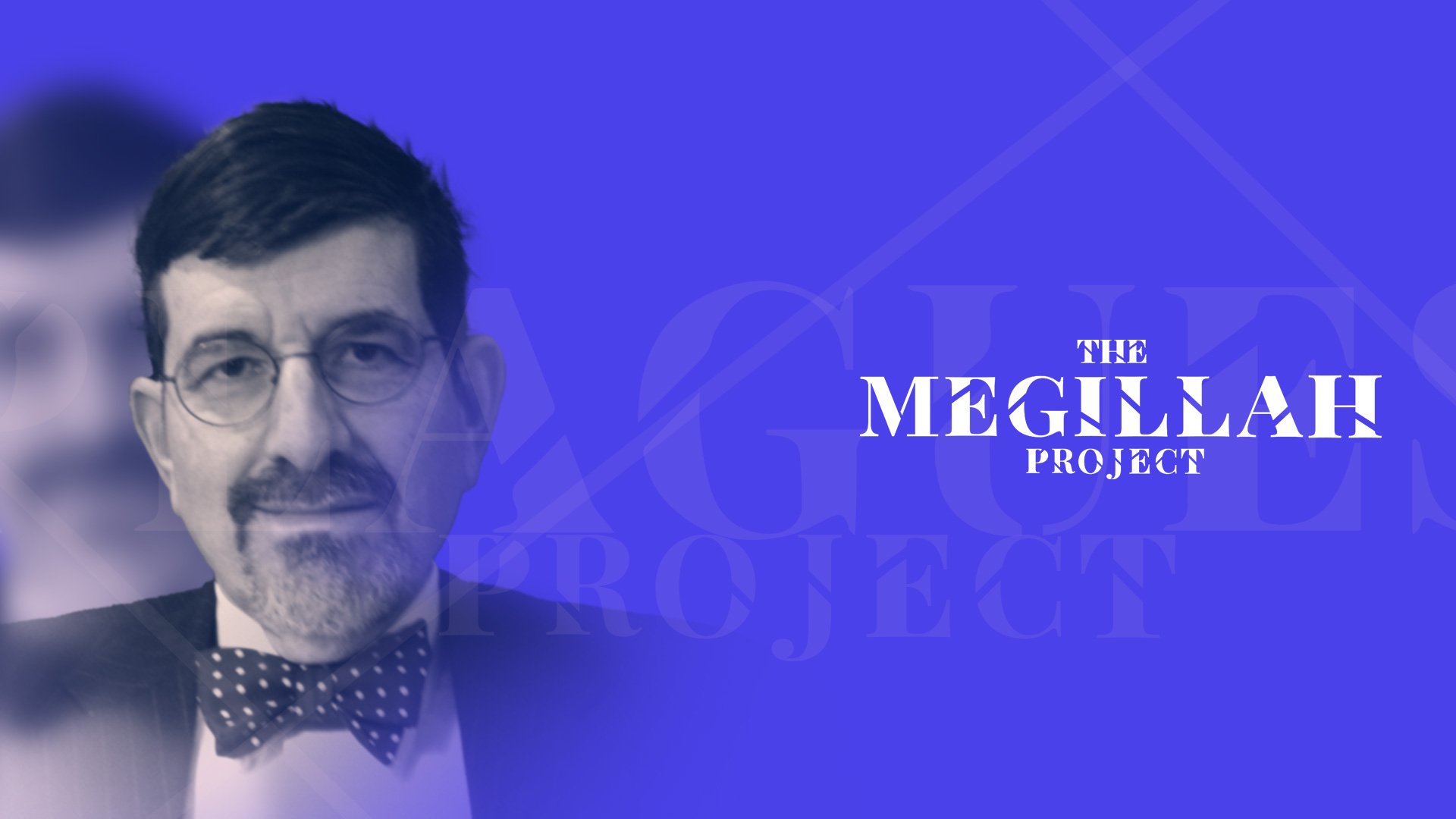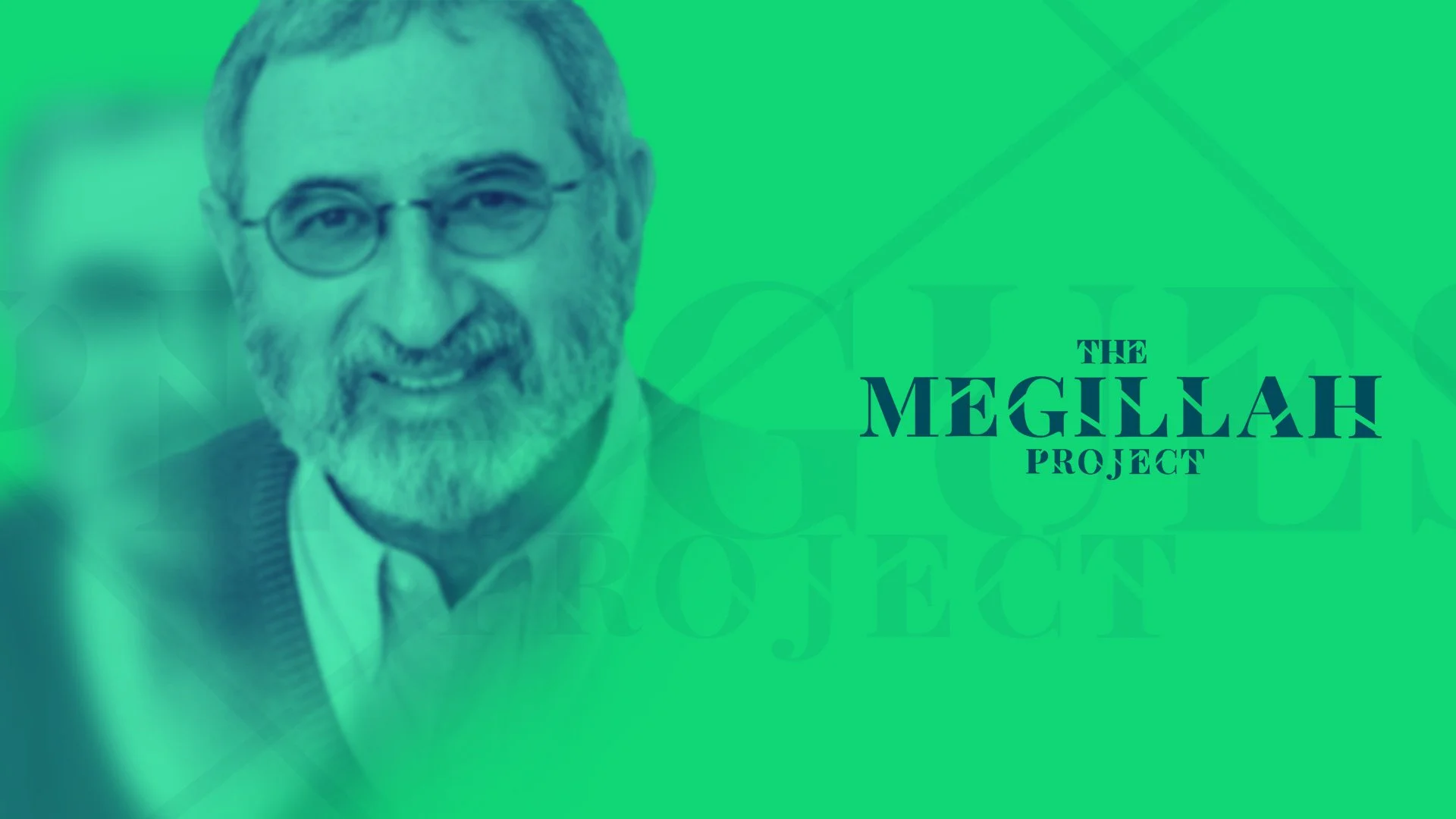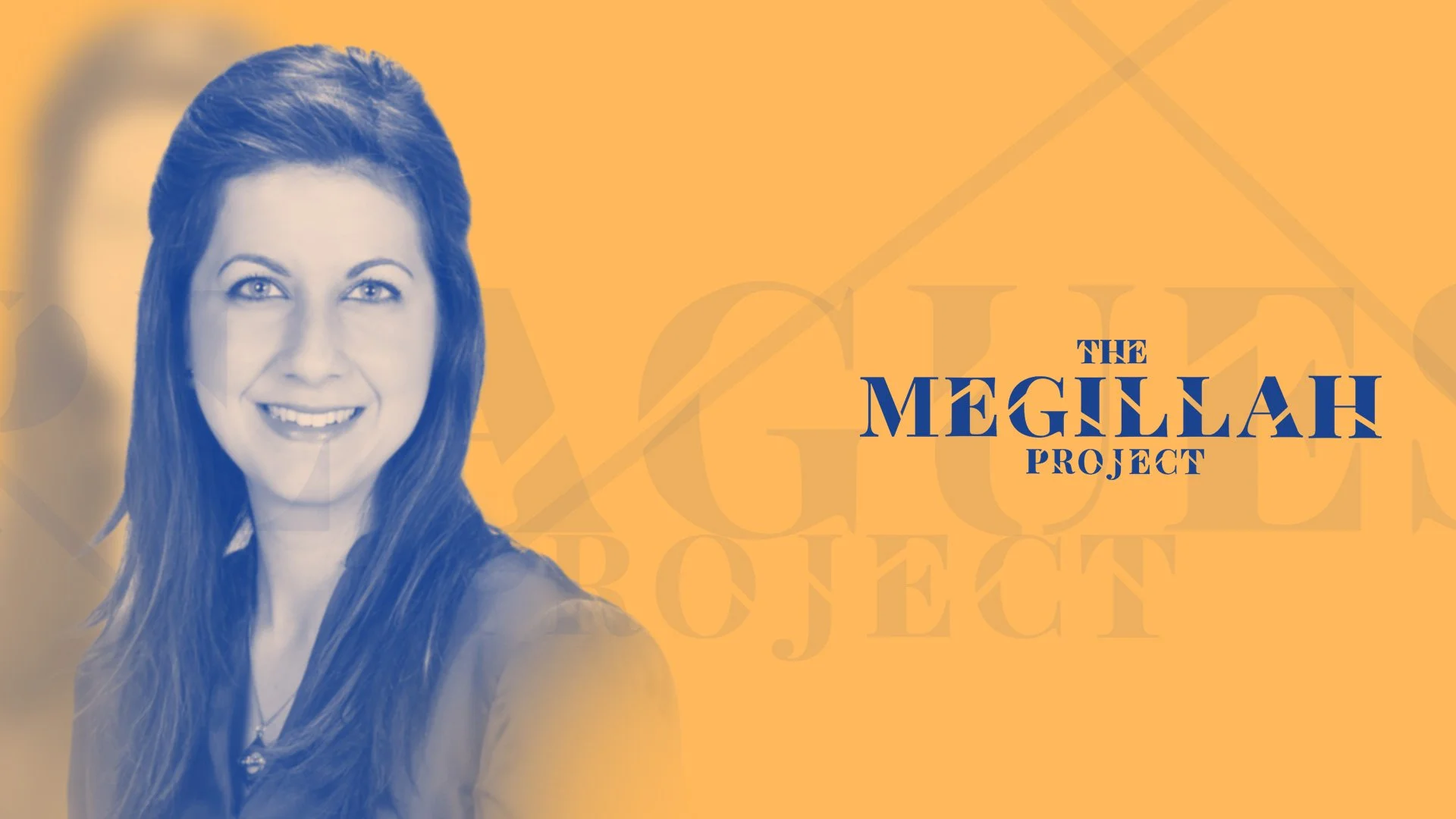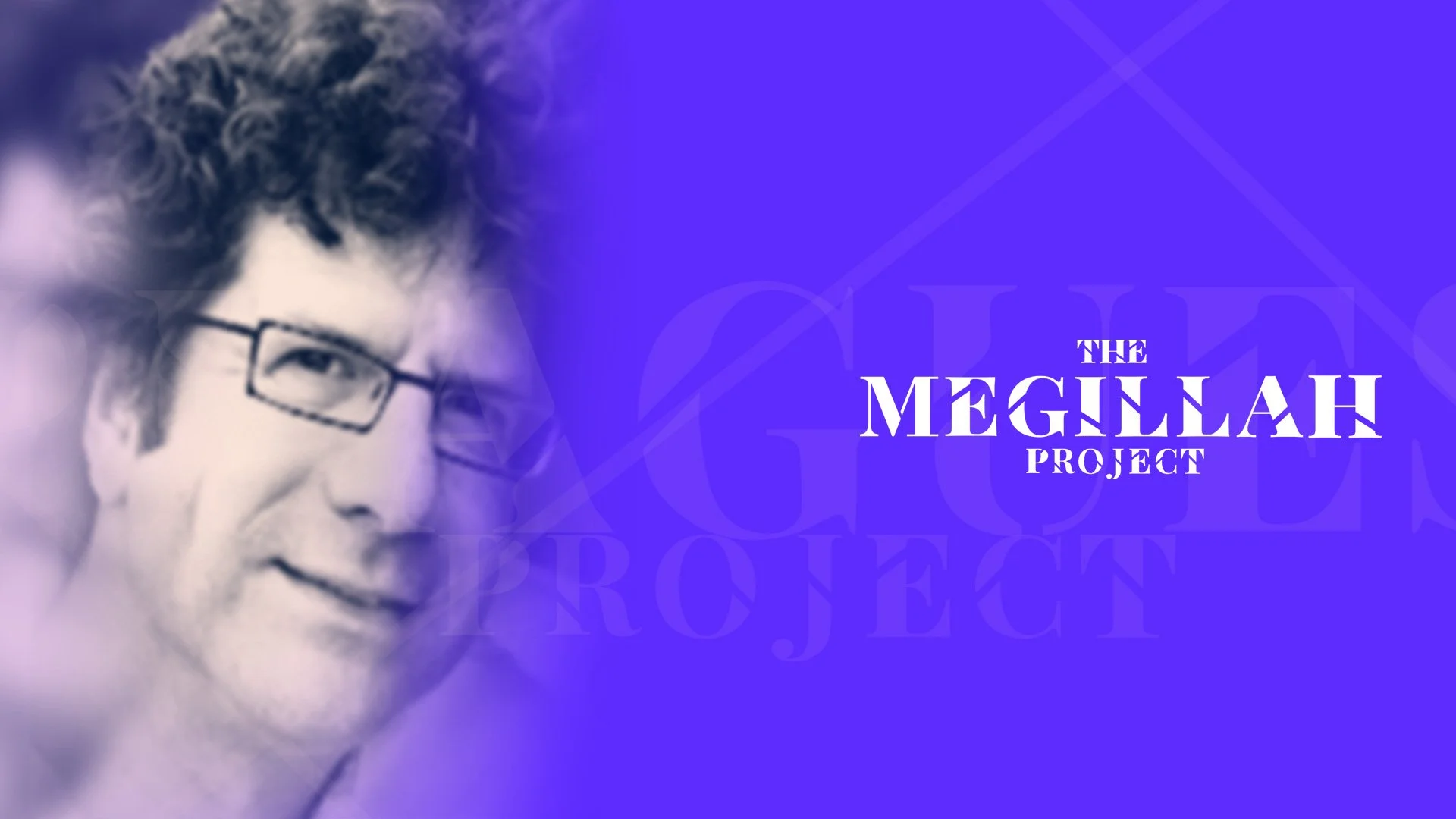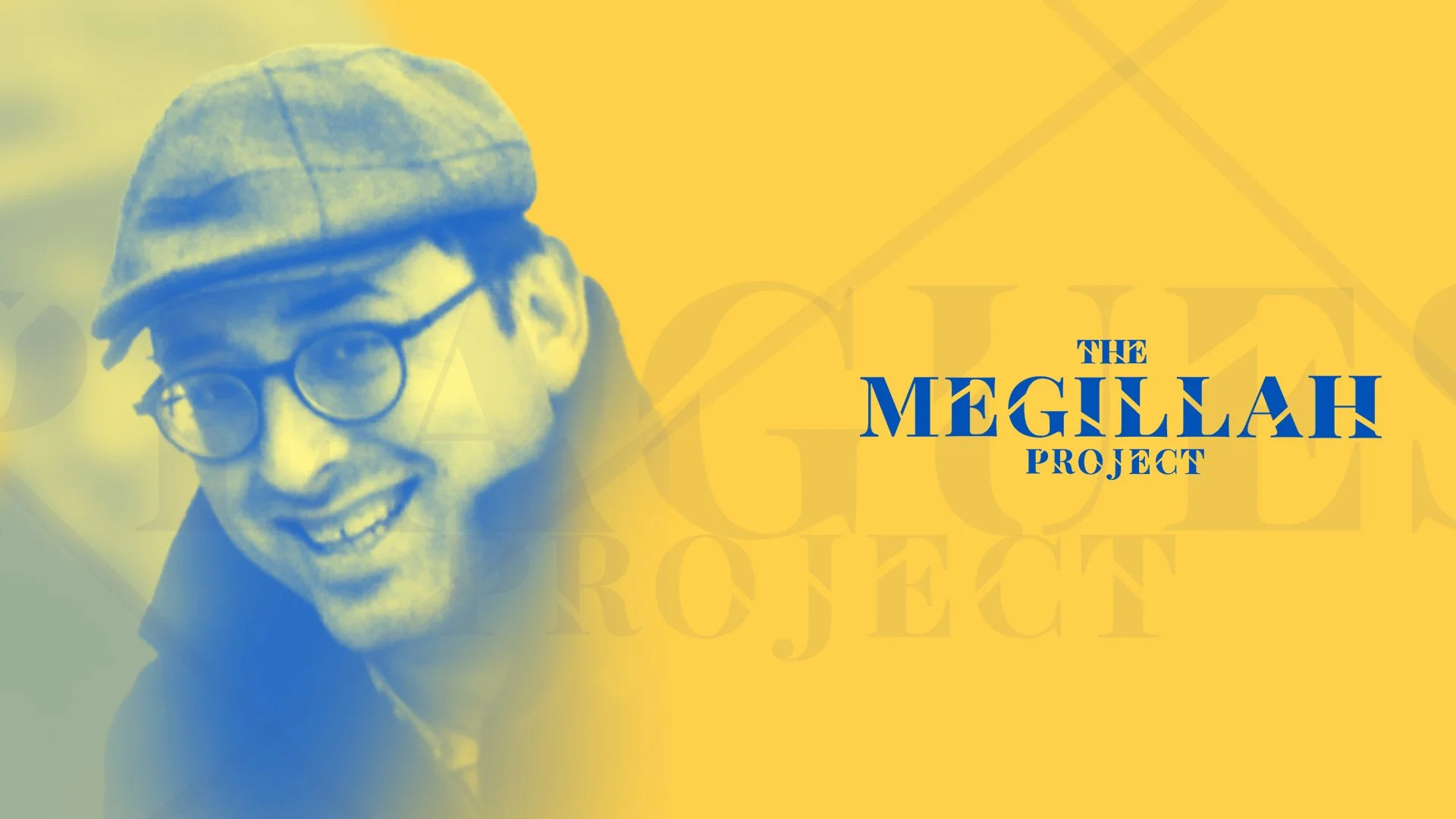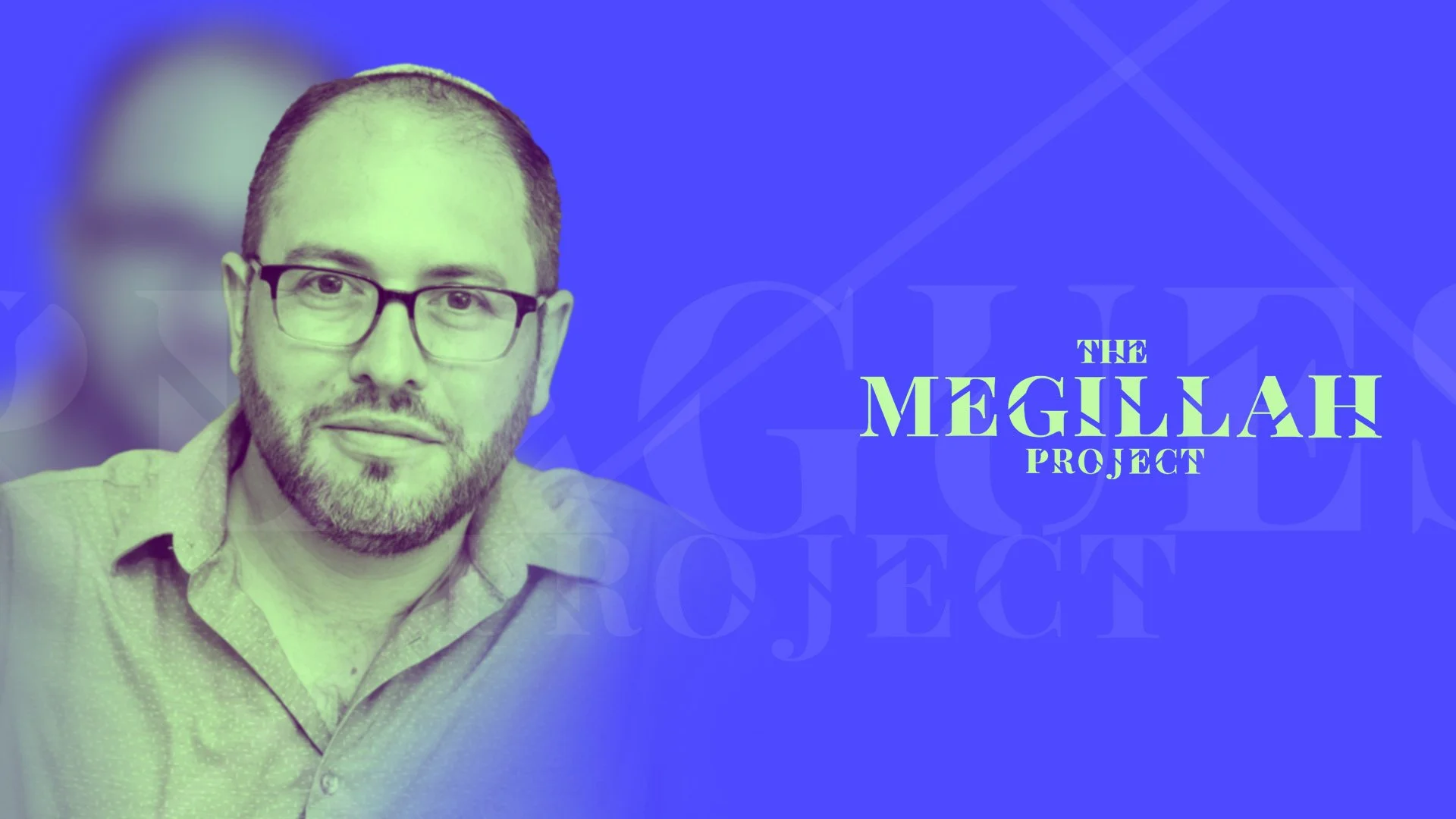Welcome to The Megillah Project. Below you will find more than 30 videos, each offering a unique perspective on The Book of Esther.
The Book of Esther is traditionally read on the holiday of Purim. In synagogues, it often chanted to a special melody and read from a scroll—megillah is the Hebrew word for scroll—and even though there are other scrolls, Jews often refer to The Book of Esther as "The Megillah." The Book of Esther is indeed a unique text in the canon of Jewish literature, opening its content to multiple interpretations. We have gathered here a collection of perspectives on this rich text, bringing together scholars, rabbis, artists, teachers, poets, and readers to shed light on The Book of Esther from a wide variety of disciplines and sources of knowledge.
We believe that a plurality of voices can be brought together to explore the vast canon of Jewish literature. Tradition tells us that the Torah has “seventy faces,” and we look forward to exploring them with you. Bringing together these varied perspectives was made possible by a collaboration between BINA: The Jewish Movement for Social Change, Judaism Unbound, 929 English, The Oshman Family JCC in Palo Alto, and jewishLIVE.
Entering the Text: A Variety of Perspectives
Zoe Fertik, Introduction to the Book of Esther
Shira Hecht-Koller, Esther and Identity Development
Benay Lappe and Dan Libenson, The Book of Esther Makes the Torah Binding…Or Does It?
Lloyd Llewellyn-Jones, Esther and the Historical Persian Royal Harem
Ayalon Eliach, Mordecai the Villain: Why Drink on Purim?
Tova Birnbaum, The Most Secular Text in the Bible
Wrestling with the Story
Richard Elliott Friedman, Esther: A Very Dirty Book
Alicia Jo Rabins, A Singer/Songwriter Explores Vashti and Esther
Aaron Koller, The Rabbis Read Esther in the Diaspora
Adele Berlin, The Book of Esther as Comedy
Chaim Seidler-Feller, Brutality and its Corrections in the Book of Esther
Michal Lemberger, Writing Fiction: Zeresh, His Wife
Contemporary Lenses
Elyse Goldstein, Feminist ReVisions: Esther and Vashti
Orit Avery, Esther: Between Gender and National Identity
Erica Brown, Esther: Here and Now
Rachel Sharansky Danziger, Ahasuerus and the Power of Encounter
Elliot Vaisrub Glassenberg, Why Israel Needs Esther
Gili Dvash, A Communal Perspective on the Book of Esther
Abby Chava Stein, When the Hidden Comes Out
The View from the Academy
Jon Levenson, Finding God in the Book of Esther
Michal Bar-Asher Siegal, Jews in a Non-Jewish World
Edward Greenstein, Esther: Putting on the Style
Interpretations Throughout History
Ethan Schwartz, The Greek Additions to Esther
Malka Simkovich, Greek Esther as a Judean Letter to the Diaspora
Nathaniel Berman, A Sinister Esther, A Demonic Mordekhai: A Kabbalistic View
The Perspectives of Art and Literature
Shai Secunda, Celebrating Purim in Persia’s Shadow
Anna Solomon, Writing Fiction Based on Esther: The Book of V.
Mishael Zion, Illustration as Interpretation of the Book of Esther
Nomi Schneck, Inside the Throne Room: Esther in Art
Na’amit Nagel, Esther’s Problem with Privilege
Deborah Sacks Mintz, The Jews Had Joy and Gladness
"I'm Done Dressing Up" by Alicia Jo Rabins/Girls in Trouble — a song in honor of Vashti
“So Many Ways We Can Hide” by Alicia Jo Rabins/Girls in Trouble — a song in honor of Esther
“The Purim Story in 4 Minutes by BimBam
“Esther and Mordecai” (from Hayehudim Baim, Israeli sketch comedy show - Hebrew with English subtitles)
A Scene from “Home for Purim,” the movie within the movie in Christopher Guest’s “For Your Consideration”
“Esther” by Georg Friedrich Händel
If you like the Megillah Project, check out our related projects…
About the Partnership. The Megillah Project is brought to you by a unique partnership of four organizations: jewishLIVE/Judaism Unbound, 929 English, the Oshman Family JCC in Palo Alto, and Israel’s BINA: The Jewish Movement for Social Change. Brought together by a passion to make Jewish texts and Jewish learning accessible to everyone, and accelerated by the COVID-19 crisis, these four organizations have teamed up to offer new ways of encountering Jewish text and ideas online using a multimedia toolbox in a maximally open sandbox. The greatest strength of this partnership is our ability to showcase a wide range of Jewish thinkers and Jewish ideas. The more perspectives we hold together, the more united we can be.
Click on the logos below to visit the partners’ web sites:



